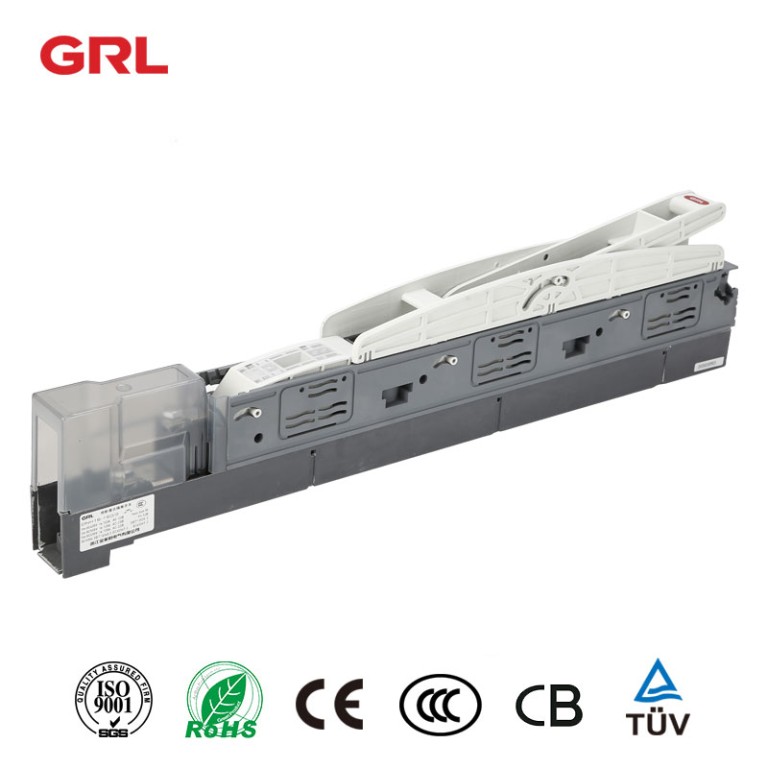
# Vertical Disconnectors in Power Distribution Systems
## Introduction to Vertical Disconnectors
Vertical disconnectors play a crucial role in modern power distribution systems. These specialized switching devices are designed to provide safe isolation of electrical circuits for maintenance or emergency situations. Unlike traditional horizontal disconnectors, vertical models offer unique advantages in terms of space efficiency and operational reliability.
## Key Features and Design Characteristics
Vertical disconnectors are characterized by their upright orientation, which provides several technical benefits:
– Compact footprint for space-constrained installations
– Improved arc-quenching capabilities due to gravity-assisted contact separation
– Enhanced mechanical stability in high-wind conditions
– Simplified maintenance access from ground level
The typical design includes a rotating insulator column with moving contacts that engage with stationary contacts when in the closed position.
## Applications in Power Distribution Networks
These devices find extensive use in various electrical infrastructure applications:
### 1. Substation Installations
Vertical disconnectors are commonly employed in substations where space optimization is critical. Their vertical orientation allows for efficient use of limited real estate while maintaining safe clearance distances.
### 2. Overhead Line Switching
For overhead power lines, vertical disconnectors provide reliable isolation points that can be easily operated from the ground using insulated poles or motorized mechanisms.
### 3. Transformer Isolation
They serve as effective isolation points for transformers, allowing maintenance crews to safely work on equipment without exposure to live conductors.
## Operational Considerations
When implementing vertical disconnectors, engineers must consider several factors:
Load-breaking capacity requirements must be carefully evaluated, as most vertical disconnectors are not designed to interrupt load currents. Proper coordination with circuit breakers is essential for system protection.
Keyword: Vertical disconnectors
Environmental conditions significantly impact performance. Special coatings or materials may be required for installations in coastal areas with high salt content or industrial zones with chemical pollution.
## Maintenance and Safety Protocols
Regular maintenance is crucial for ensuring long-term reliability:
– Annual visual inspections for contact erosion
– Periodic lubrication of moving mechanisms
– Insulation resistance testing
– Verification of proper grounding connections
Safety procedures must always be followed when operating these devices, including proper personal protective equipment and adherence to lockout/tagout protocols.
## Future Developments
The evolution of vertical disconnector technology continues with several promising advancements:
– Integration of smart sensors for condition monitoring
– Development of vacuum-interrupting versions for enhanced performance
– Improved materials for extreme environment operation
– Automated operation systems compatible with smart grid infrastructure
As power distribution systems become more complex and interconnected, the role of reliable switching devices like vertical disconnectors will only grow in importance.
Comments are closed